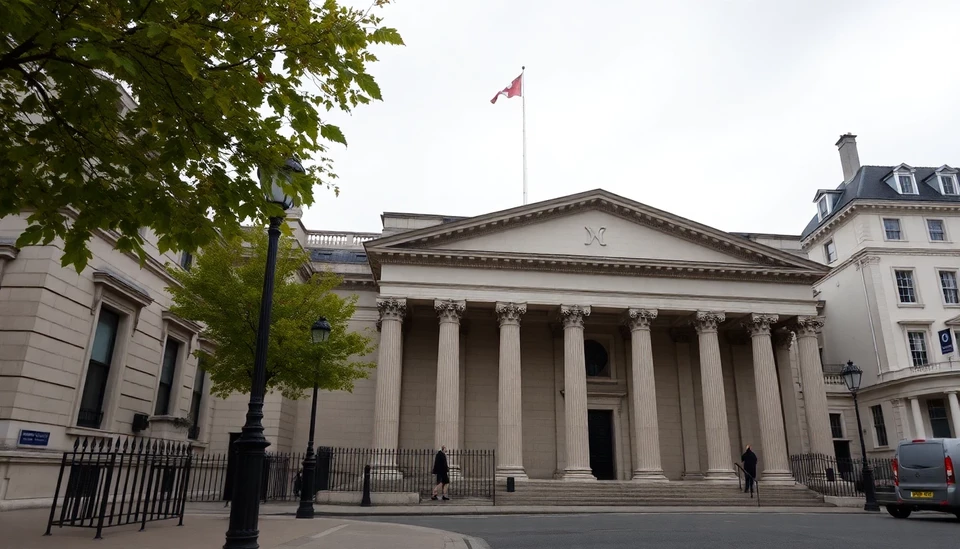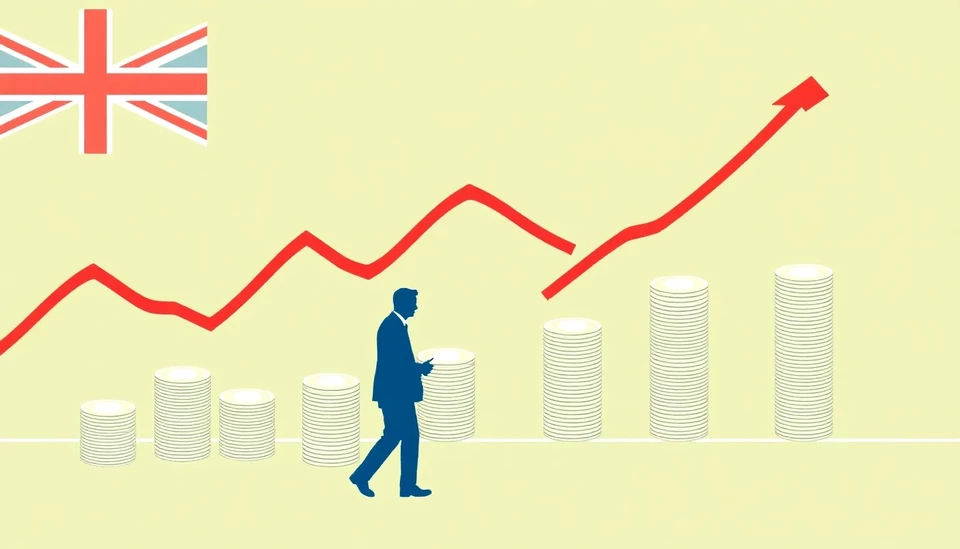
The economic landscape in the UK faces significant challenges as the Bank of England (BoE) grapples with the implications of potential interest rate cuts in 2025. Recent developments underscore the complicated situation that Governor Andrew Bailey is expected to navigate, particularly concerning tax policies and tariff complexities that could influence monetary decisions.
With inflation rates showing signs of stabilization, the BoE is under pressure to adjust its monetary policy, potentially leading to an easing cycle. Analysts suggest that under Bailey’s leadership, the central bank might be compelled to reassess its approach, taking into account the broader implications of tax strategies and international trade tariffs that could affect the UK economy’s recovery trajectory.
Global economic conditions are set to play a crucial role in the Bank's decision-making process. As uncertainty looms over international markets, the potential for economic headwinds has increased, prompting discussions about how these factors might constrain the BoE’s ability to effectively cut rates without risking further economic instability.
Moreover, the discussion around taxation in the UK adds another layer of complexity to the BoE’s future plans. There are concerns that proposed increases in taxes could stifle consumer spending, which is vital for economic growth. Bailey has hinted at the necessity for coordinated efforts between fiscal and monetary policies to ensure sustainable economic recovery.
In addition to tax implications, trade tariffs could present additional hurdles. As the UK adapts to new trading relationships post-Brexit, the impact of varying tariffs on imports and exports remains a matter of contention. These trade dynamics will likely influence inflation trends and economic growth forecasts, forcing the Bank to adopt a careful stance on rate adjustments.
As the situation evolves, the outlook for 2025 remains uncertain. Stakeholders from various sectors are keeping a close eye on the BoE's actions, hoping for a strategy that will balance economic growth with inflation control. The coming months are expected to be pivotal as the bank navigates these intertwined challenges, with Bailey at the forefront of the discussions to come.
The broader implications of the BoE’s decisions will not only affect the UK economy but also serve as critical indicators for global economic trends. Policymakers, economists, and the public alike are awaiting the central bank's next moves with anticipation.
In conclusion, as the Bank of England prepares to face one of its most significant challenges in recent history, the interplay of tax policy, tariff negotiations, and international economic conditions will undoubtedly influence the trajectory of interest rates and, consequently, the UK’s economic health in the years ahead.
#BankOfEngland #InterestRates #AndrewBailey #UKEconomy #MonetaryPolicy #Inflation #TaxPolicy #Tariffs #EconomicOutlook
Author: Daniel Foster




